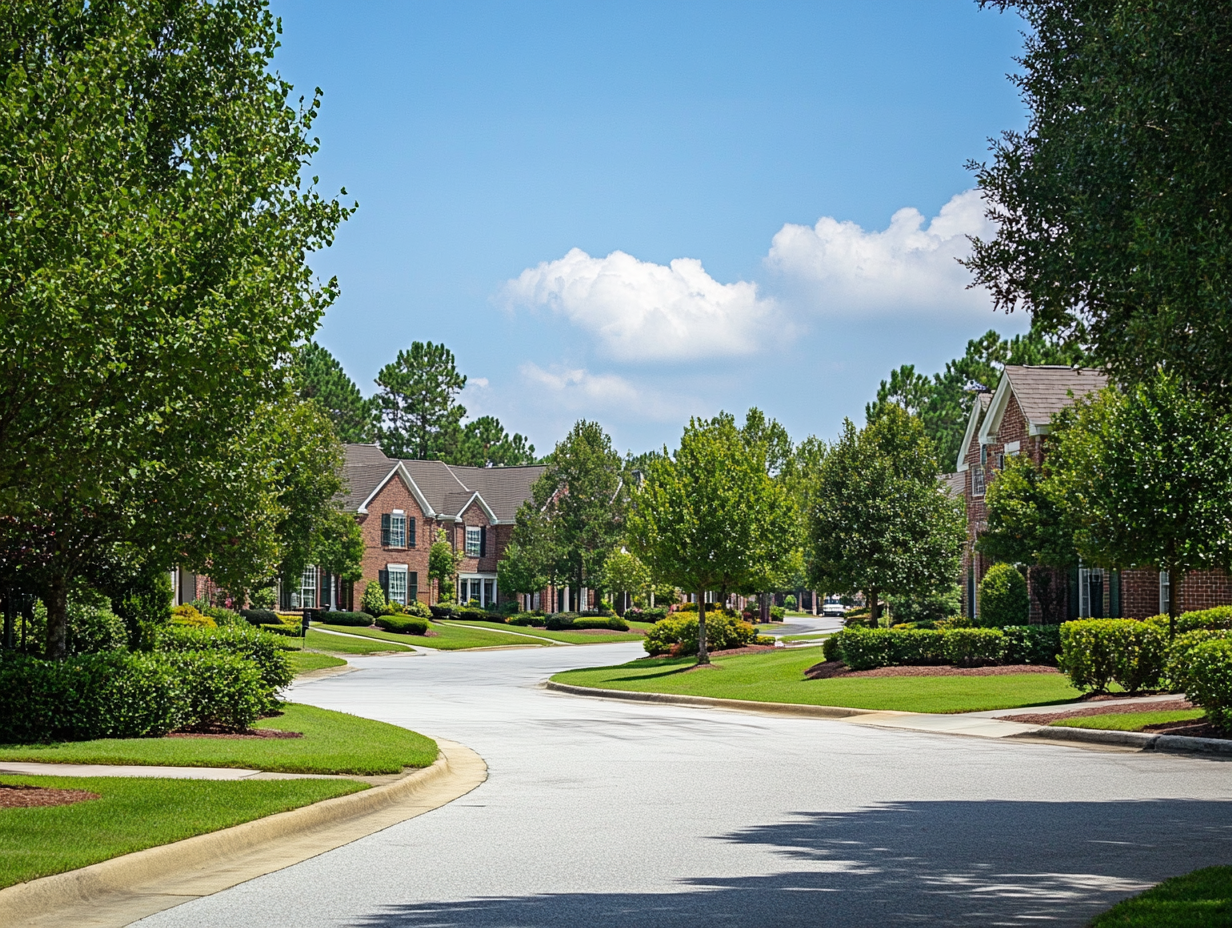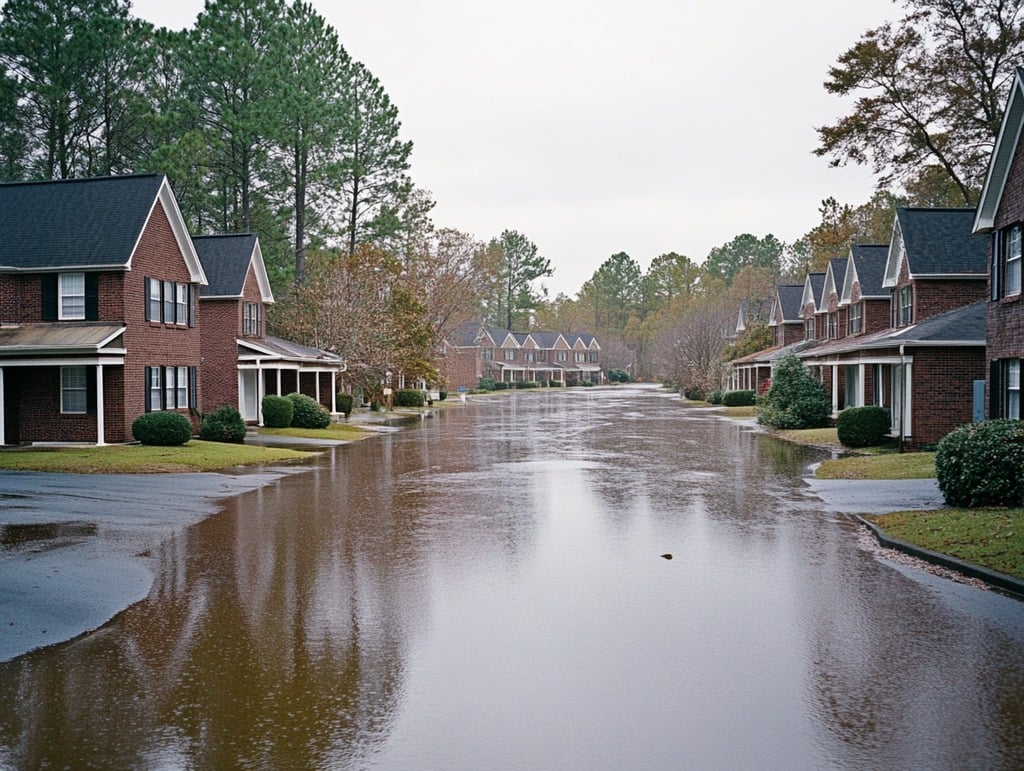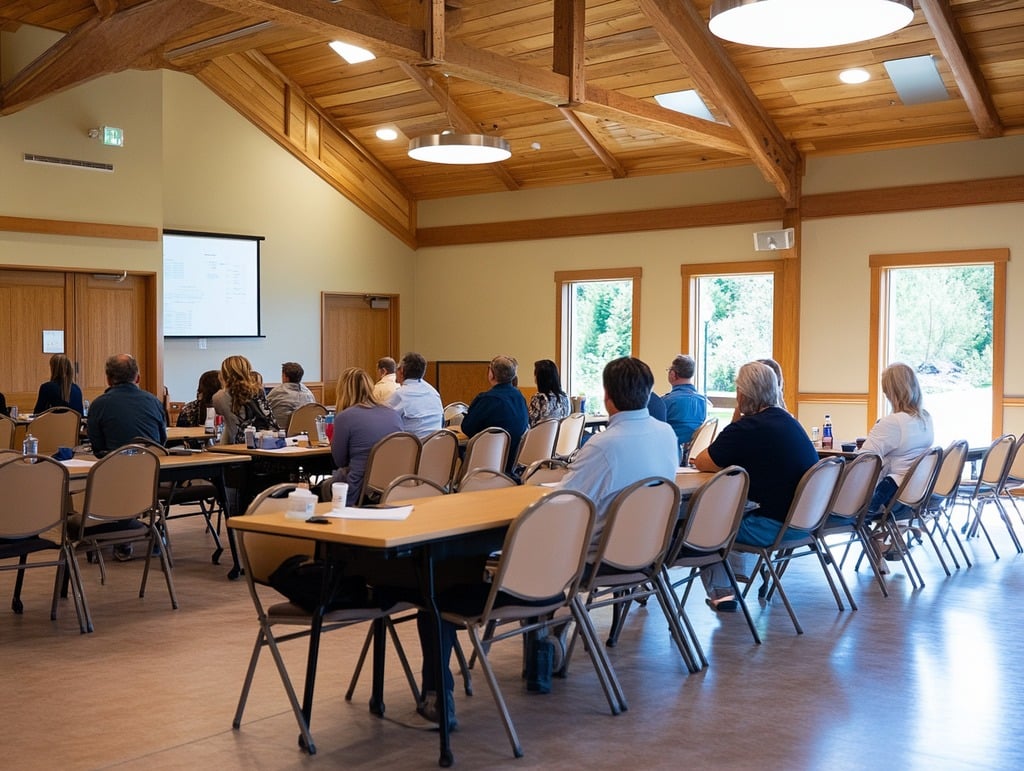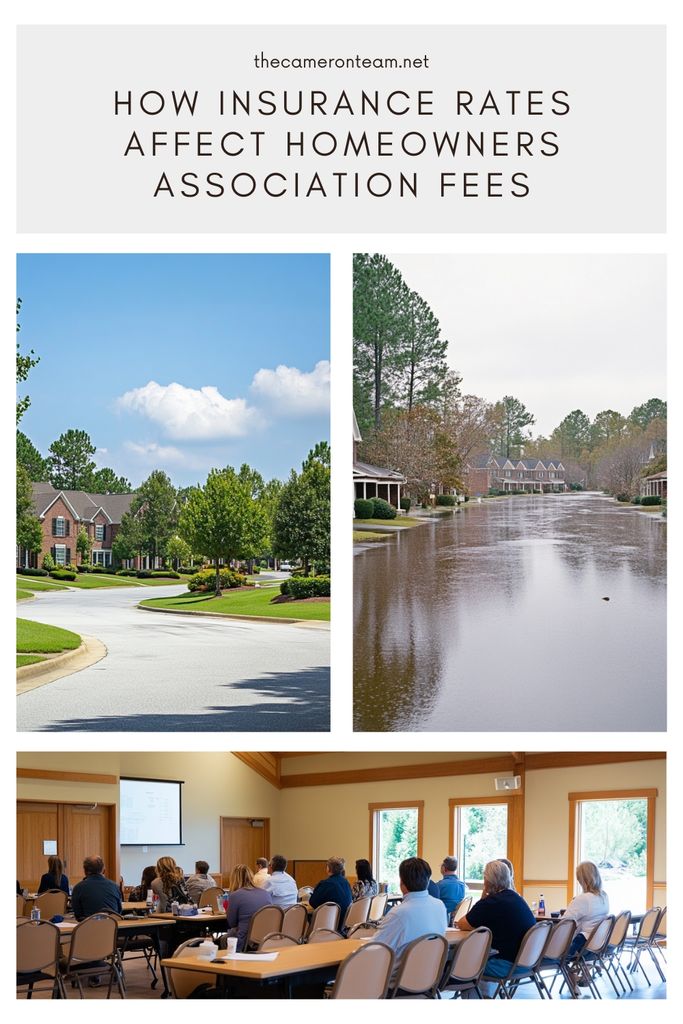When you’re a homeowner in a community governed by a homeowners association (HOA), your monthly or annual fees can sometimes feel like a mystery. One significant factor that can drive these fees up or down is the community’s insurance costs. Let’s explore how and why insurance rates can influence your HOA fees, and what you can do to keep these costs in check.
Understanding the Basics: HOA Fees and Insurance
Homeowners association fees are typically used to cover the maintenance and management of shared spaces in your community, like parks, pools, and clubhouses. However, a portion of these fees also goes toward the community’s insurance policies. These policies generally include:
- Property Insurance: Covers damage to common areas and shared structures.
- Liability Insurance: Protects against legal claims if someone is injured on the property.
- Directors and Officers (D&O) Insurance: Shields the HOA board members from personal liability for decisions they make on behalf of the association.
Each of these insurance types has its own set of risks and premiums. When those premiums increase, so too do the HOA fees to cover these rising costs.
How Insurance Rates Impact HOA Fees
Insurance rates aren’t static—they can fluctuate based on a variety of factors. When insurance rates go up, HOAs often have no choice but to pass those costs onto homeowners in the form of higher fees. Here are some key factors that can lead to increased insurance premiums, and by extension, higher HOA fees:
-
Natural Disasters and Climate Change
- In regions prone to natural disasters like hurricanes, floods, or wildfires, insurance rates tend to be higher. If your community is located in such an area, any increase in the frequency or severity of these events can lead to higher insurance premiums. This, in turn, results in increased HOA fees to ensure the community is adequately covered.
-
Property Value Increases
- As property values rise, so does the cost to insure those properties. If your community experiences a spike in property values, the HOA’s property insurance rates are likely to rise as well. This increase is often reflected in higher fees to cover the additional insurance expenses.
-
Claims History
- An HOA’s claims history also plays a significant role in determining insurance premiums. If your community has a history of multiple claims—whether due to property damage, liability issues, or other factors—insurance companies may hike up the rates. These costs will be passed on to homeowners through higher fees.
-
Changes in Insurance Laws and Regulations
- Sometimes, changes in state or federal insurance regulations can lead to higher premiums. For instance, if a new law requires additional coverage that your HOA previously did not carry, your association may face higher insurance costs. This, again, can lead to an increase in HOA fees.
-
Insurance Market Fluctuations
- The insurance market itself can experience fluctuations that affect premium rates. For example, a significant loss event, like a major hurricane season, can lead to a tightening of the insurance market, causing rates to increase across the board. These higher costs will eventually trickle down to homeowners via their HOA fees.
Managing Rising HOA Fees Due to Insurance Costs
While rising insurance premiums may seem unavoidable, there are ways your HOA can manage these costs to minimize the impact on homeowners:
- Shop Around for Insurance: Just like with personal insurance policies, it pays to shop around. Your HOA board can work with an insurance broker to find the best coverage options at competitive rates.
- Increase Deductibles: By increasing the deductibles on the community’s insurance policies, your HOA can reduce the premium costs. However, this comes with the trade-off of potentially higher out-of-pocket expenses if a claim is made.
- Risk Management: Implementing effective risk management strategies, like improving security or upgrading infrastructure, can reduce the likelihood of claims, potentially lowering insurance premiums.
- Reserve Fund Planning: HOAs can build a healthy reserve fund to cover unexpected increases in insurance premiums without having to immediately raise fees. This requires long-term planning but can provide a buffer against sudden cost hikes.
The Homeowner’s Role in Managing HOA Fees
As a homeowner, you might feel powerless against rising HOA fees, but there are steps you can take:
- Get Involved: Attend HOA meetings and participate in discussions about insurance and budgeting. The more you understand where your money is going, the better you can advocate for cost-effective solutions.
- Stay Informed: Keep up with changes in insurance laws or market conditions that could impact your community. If you spot an issue early, you can work with your HOA to address it before it leads to higher fees.
- Voice Your Concerns: If you believe your HOA is overpaying for insurance, don’t hesitate to raise the issue. Sometimes, all it takes is a little pressure from homeowners to prompt the board to re-evaluate their options.
FAQs
Q: Can I challenge an HOA fee increase due to rising insurance costs?
A: Generally, HOA fees are set by the board based on the community’s budgetary needs. However, you can voice your concerns at meetings and propose alternative ways to manage rising costs.
Q: Are there any insurance coverages that can’t affect HOA fees?
A: Most insurance policies affecting common areas and shared liabilities can influence HOA fees. However, personal homeowners insurance does not impact HOA fees directly.
Q: What should I do if I can’t afford rising HOA fees?
A: Reach out to your HOA board to discuss possible payment plans or deferments. Additionally, advocate for cost-saving measures to help keep fees manageable for everyone in the community.
Final Thoughts
Insurance rates play a significant role in determining your HOA fees, and while these costs can sometimes feel out of your control, there are steps you and your HOA can take to manage them. By understanding the factors that influence insurance premiums and getting involved in your community, you can help keep your HOA fees as low as possible.






